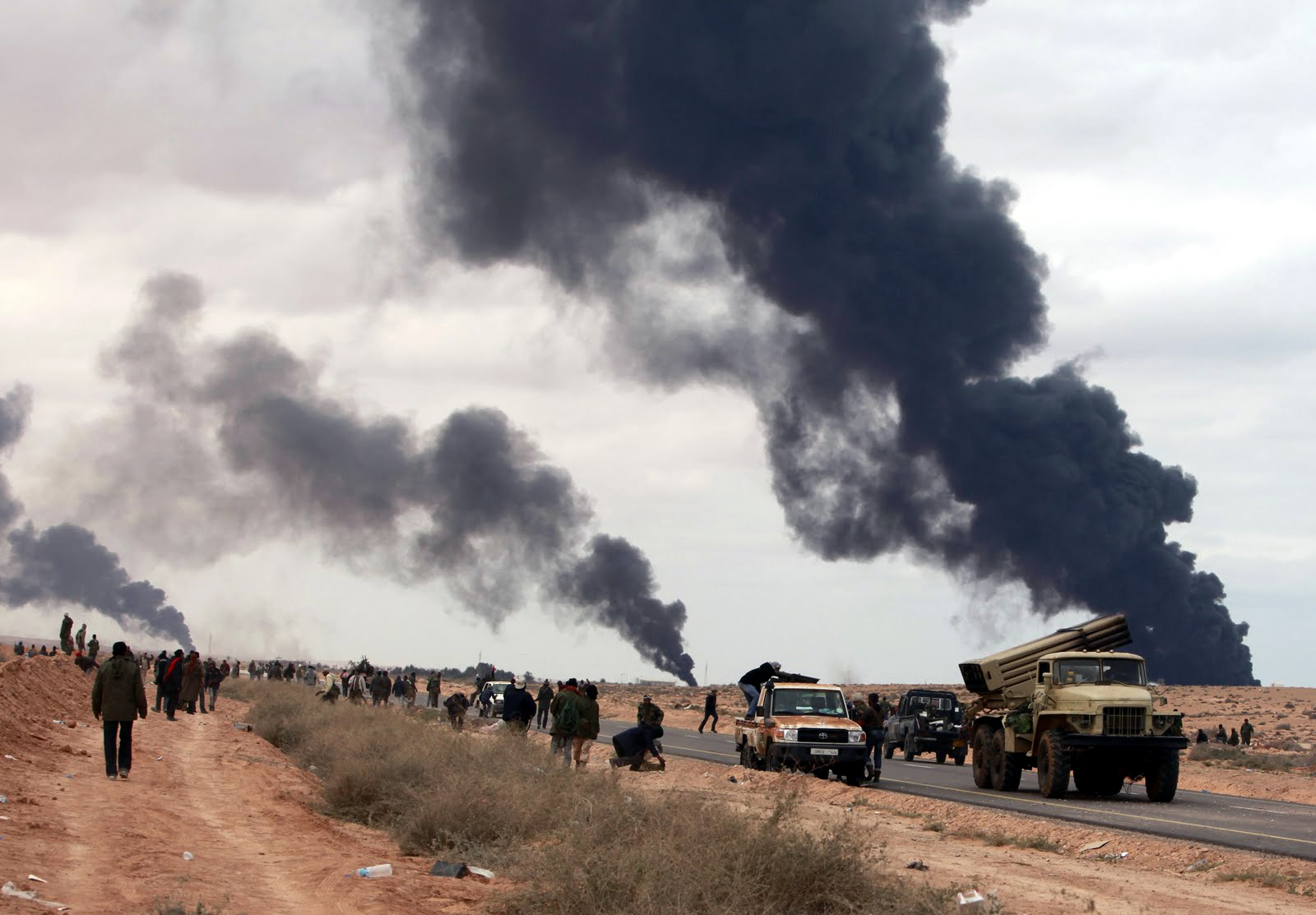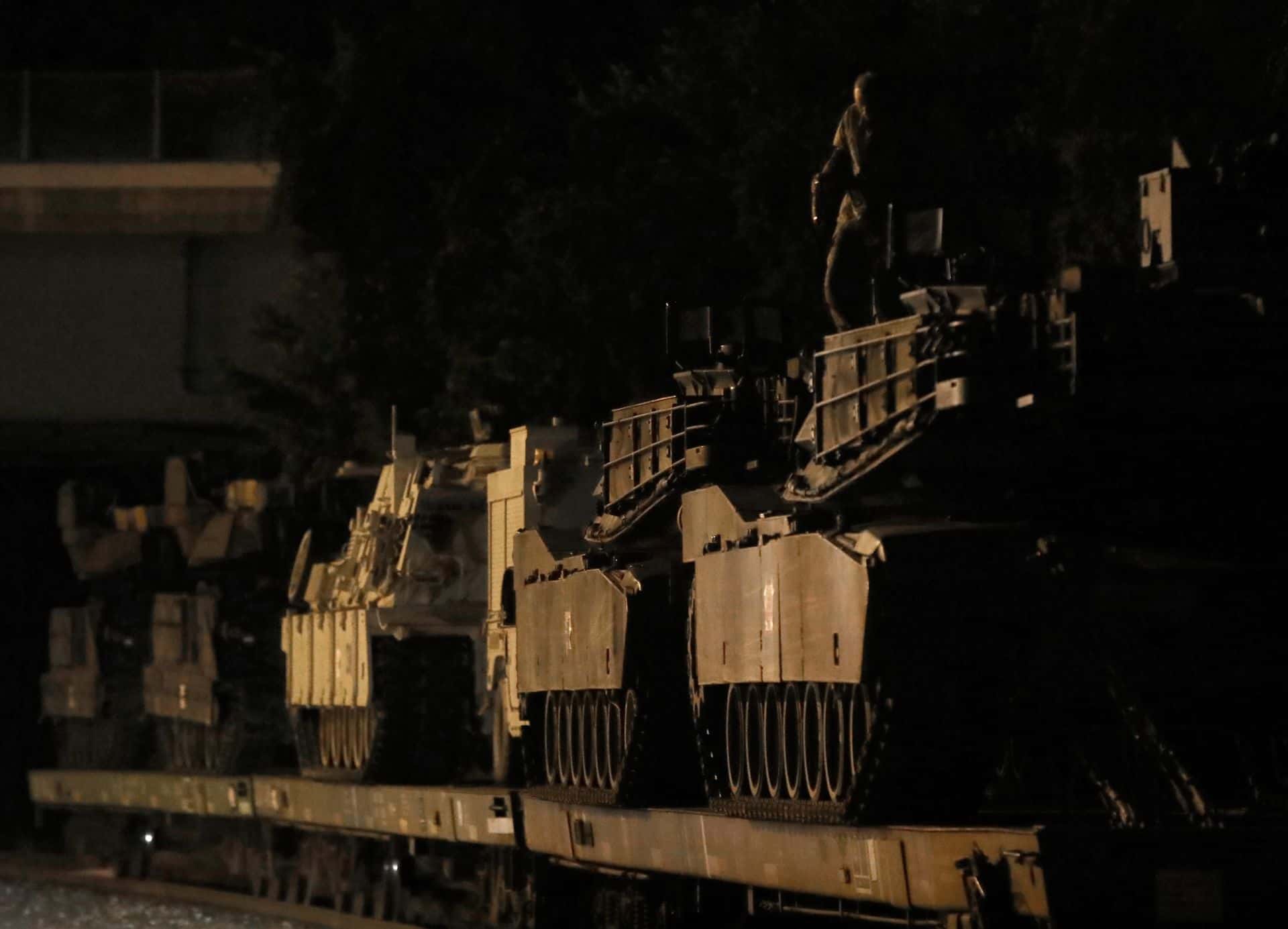The UAE denied Tuesday it shipped US missiles to Libya, which is under a UN arms embargo, after a democratic senator warned Washington could cut off arms sales to the Emirates.
The foreign ministry “denied the ownership of weapons found in Libya and reiterated the UAE’s commitment to fully cooperate with United Nations experts,” in a statement carried by the official WAM news agency.
“It also urges all parties to deescalate tensions and reengage in the UN-led political process.”
The denial comes after Robert Menendez, the top Democrat on the Senate Foreign Relations Committee, demanded an investigation into a report that the UAE shipped US missiles to Libya.
In a letter to Secretary of State Mike Pompeo, he called for explanations by July 15 on arms agreements with the United Arab Emirates.
“You are surely aware that if these allegations prove true you may be obligated by law to terminate all arms sales to the UAE,” Menendez said.
He warned that the transfer would be a “serious violation” of US law and “almost certainly” break the UN arms embargo on Libya.
The New York Times reported on Friday that forces loyal to Libya’s unity government had discovered four Javelin missiles at a base used by men under the command of Khalifa Haftar, who has waged a months-long offensive to take the capital Tripoli.
The newspaper said that markings on the US-made missiles indicated they had been sold to the United Arab Emirates in 2008.
The State Department earlier said that it took allegations of misuse of US weapons seriously and was seeking answers.
Menendez told Pompeo that the alleged arms transfer to Libya was “particularly alarming” as it came shortly after US President Donald Trump’s administration bypassed Congress to approve $8.1 billion in arms sales to Saudi Arabia and the United Arab Emirates.
Lawmakers fear that the weapons will be used to kill civilians in Yemen, where millions are on the brink of starvation and schools and hospitals have been hit in a Saudi and Emirati offensive.
Pompeo said that the sale was an emergency because of tensions with Iran, which is allied with Yemen’s Huthi rebels.
Democratic senators and a handful of Republicans last month voted to block the sale but they did not have enough votes to override a veto by Trump.










